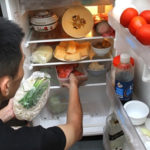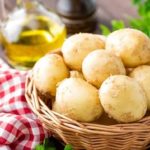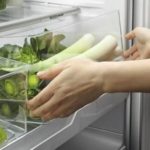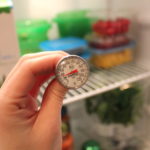Eating Raw Vegetables
Many people have the habit of eating raw vegetables along with other foods. In fact, raw vegetables have many risks, including contamination by preservatives, pesticides, and growth hormones.
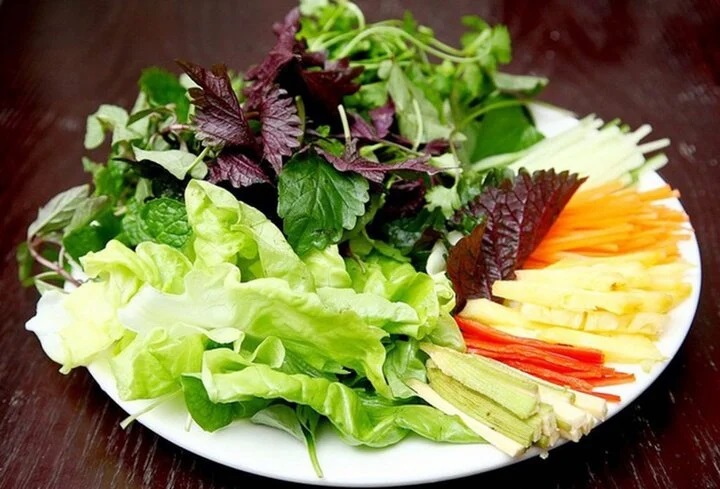
In addition, there is a risk of bacterial contamination due to inadequate washing of vegetables or unsanitary storage of raw vegetables. Over time, harmful toxins accumulate in the body, which is not good for health.
You should only eat raw vegetables if they are self-grown, organic, or have clear origins. Otherwise, vegetables bought from the market, with unclear information about cultivation and transportation processes, should be cooked before consumption. Heat and hot water can evaporate some chemicals present in vegetables.
When eating out at a noodle or pho restaurant, it is advisable to ask the owner to dip the vegetables in hot water instead of consuming them raw.
Eating Overnight Vegetables
Many families have the habit of leaving leftover vegetables from the previous evening to use for breakfast or lunch the next day. However, some types of green vegetables may contain high levels of nitrates, which can be converted into nitrites overnight, such as cabbage, spinach, kale, broccoli, carrots, celery, etc., which contain higher levels of nitrates compared to other vegetables.
Nitrites are not highly toxic, but excessive amounts can form nitrosamines, which are carcinogenic. Of course, not all vegetables produce nitrites overnight. However, to be safe, it is recommended to consume vegetables in one sitting to avoid unnecessary nitrite intake.
Eating Vegetables Salted
Pickling vegetables with salt is also a common method of preparing vegetables in Vietnamese cuisine. This method helps preserve vegetables for a longer time while providing a slightly sour and salty flavor, which complements rice dishes.
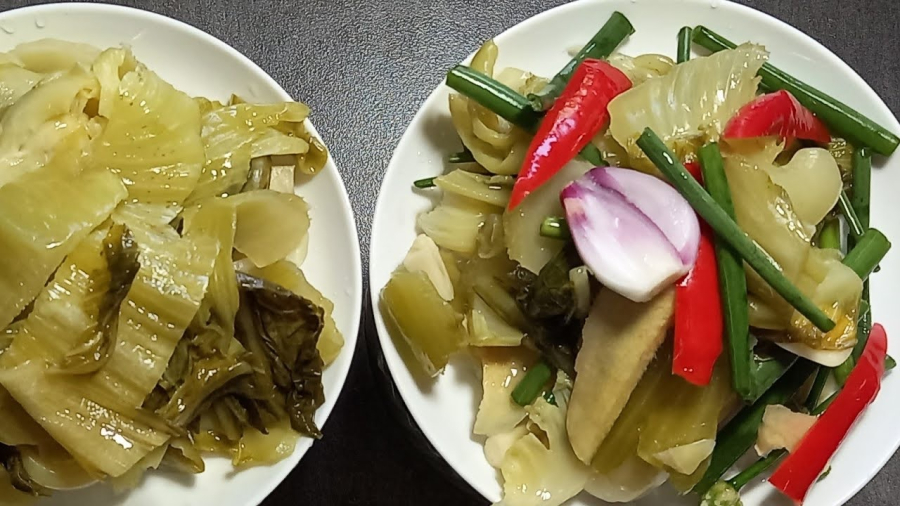
However, using salted vegetables is not recommended by experts. These vegetables contain a high amount of salt, which is not beneficial for stabilizing blood pressure and blood sugar levels.
The World Health Organization (WHO) states that foods with high salt content increase the risk of stomach cancer. Excessive salt consumption can lead to gastric ulcers, promote the growth of H. pylori bacteria, and eventually lead to cancer.
Pickled vegetables should be consumed in moderation. Instead of choosing salted vegetables, steaming or boiling vegetables is the recommended method of preparation by health experts.
Mashing Damaged Vegetables
Many people have the habit of saving and using slightly damaged, wilted, or moldy vegetables by cutting off the spoiled parts. However, this method cannot eliminate bacteria and toxins, especially aflatoxins.
Aflatoxin is a highly toxic substance produced by certain types of mold. Its toxicity is 68 times higher than arsenic, and just 1mg of aflatoxin can cause cancer. This toxic substance is absorbed by the entire vegetable, even in parts without visible mold and remains even after cooking.
Meanwhile, the liver is the detoxifying and metabolic organ, so it is quickly affected by aflatoxin when it enters the body. When aflatoxin accumulates in large quantities, it can damage liver tissue, causing inflammation, fatty degeneration, hemorrhage, and even necrosis due to infection.
Aflatoxin is also a potent carcinogen, even more toxic than arsenic, and is one of the most common causes of liver cancer.

























